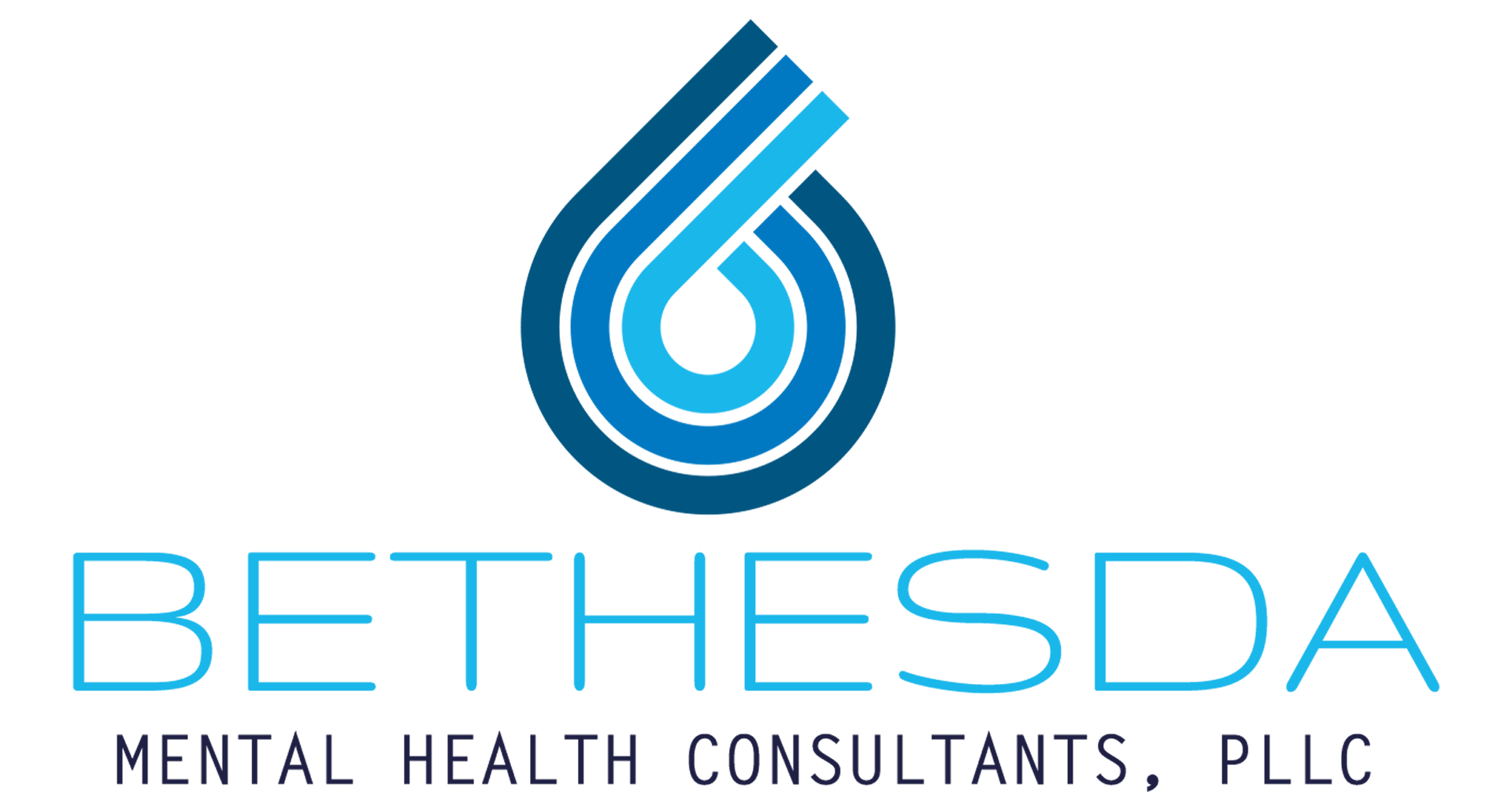Trauma
Recognizing and getting trauma addressed is essential for healing and restoring mental and emotional well-being. Untreated trauma can have profound effects on an individual’s life, leading to persistent anxiety, depression, relationship difficulties, addictions, and even physical health problems.
Factors such as the nature of the trauma, individual resilience, and support systems at the time of experiencing a traumatic event all affect how quickly one can heal and move past trauma.
By addressing and getting trauma treated professionally individuals can find healing, work on building resilience, and a renewed sense of empowerment to live fulfilling lives.
Understanding Post-Traumatic Stress Disorder (PTSD): A Compassionate Guide to Healing
What is Post-Traumatic Stress Disorder?
Post-Traumatic Stress Disorder (PTSD) is an anxiety disorder that can develop after exposure to a traumatic event, causing persistent distressing thoughts and emotions. PTSD casts a shadow of past trauma onto the present profoundly affecting individuals in various ways, impacting their mental, emotional, and physical well-being.
What Causes PTSD?
PTSD can be triggered by traumatic events like accidents, combat, assault, or disasters like fires.
“Learn How to Recognize its Symptoms, Understand its Causes, and Navigate the Path to Healing.”
Recognizing PTSD:
Re-Experiencing Trauma: Vivid memories or nightmares may transport one back to traumatic events.
Avoidance Behaviors: Individuals experiencing PTSD may go to great lengths to avoid reminders of the traumatic experience.
Hyperarousal: This can manifest in symptoms such as heightened irritability, difficulty sleeping, or being easily startled.
Diagnosing PTSD with the DSM-5
Using the DSM-5, mental health professionals diagnose PTSD by confirming exposure to trauma, assessing re-experiencing, avoidance, and hyperarousal symptoms, and evaluating their duration and impact on daily life.
Navigating the Path to Healing
Talk Therapy (Psychotherapy): Engage in cognitive-behavioral therapy (CBT) to address and reframe traumatic memories.
Medication Support: In some cases, medications may be prescribed to help alleviate the symptoms of trauma, particularly in conjunction with therapy.
Supportive Networks: Build understanding and encouragement through friends, family, or support groups.
Taking the First Step Towards Recovery
Acknowledge your feelings with compassion and seek professional help. Our practice offers insights, support, and individualized treatment plans to empower your healing journey. Let’s navigate towards a future of resilience and emotional well-being, together.
